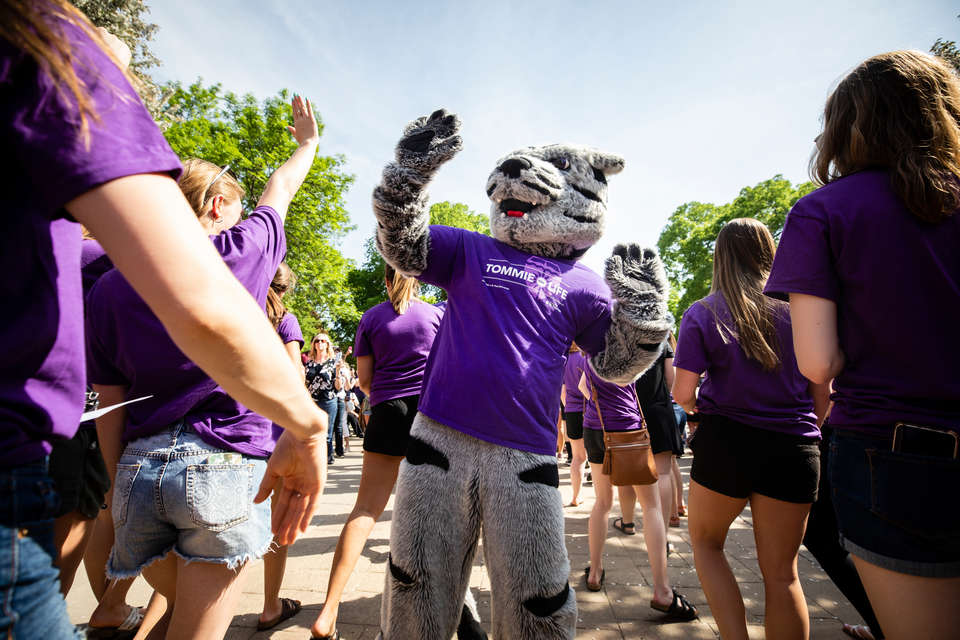Each year as the fall semester begins, I usually have a flashback to my college days at the University of Wisconsin. Even after 50 years, I recall a few of the assertions, books, courses and lessons in diversity that helped change my thinking, rattle my cage and, yes, shape my life. They turned out to be gifts, in one way or another, and I hope this year’s Tommies can be as lucky.
The assertion came from a journalism professor who taught a course called Feature Writing. I fancied myself as an accomplished writer who only needed the slightest editing touch to make his prose sparkle. Richard Disney allowed as how his student writers ALL could benefit from insistent, persistent and consistent criticism.
“Everyone needs a good editor,” he said on the first day of class. To emphasize the point, he returned my first feature covered with red pencil marks and headlined with a C+. I didn’t get Cs, I told him in an aside after class. Congratulations, he replied. You just got your first one; now the pressure’s off. I hope this year’s freshmen Tommies run into a few “challenging” professors like Dick Disney.
And, encounter a memorable book, a required reading for a class. For me, it was The Tragedy of American Diplomacy, by U of W history professor William Appleman Williams. He wrote that U.S. foreign policy was more about spreading capitalism than democracy; too often, he argued, America’s leaders exaggerated foreign threats to avoid dealing with thorny issues at home. That’s a pertinent perspective, in light of our recent adventures in Iraq or Afghanistan.
Still timely in this stage of my life is a course I took called Religion and the Moral Life, taught by one of the few (perhaps only) theists in Wisconsin’s philosophy department. A. Campbell Garnett gave me hope that God, indeed, was alive and hadn’t abandoned me.
My mother was dying of cancer. My childhood faith had evaporated. My future seemed unclear. Professor Garnett, a soft-spoken, white-haired Australian, argued that a rational man could believe in God. In fact, he said, a belief of God arises from a spot deep within us – a critical conscience, he called it. I remember him in front of our class, a sweet presence whose arthritic fingers curled tightly into his palm, making it difficult to turn the pages of a book. More than once that spring, he held class outside, on a hillside overlooking Lake Mendota.
My hometown of Fond du Lac, Wis., overlooked Lake Winnebago; what it offered in scenery, it lacked in diversity. I don’t recall seeing a person of color – any color – in my neighborhood, at the drive-in or the lunch counter at Woolworth’s. The town was white enough to blind you in the morning sun and, sometimes, it was a long ways between different ideas.
Things changed in a hurry at Madison. My roommate was Vietnamese, studying economics and speaking French. One of the guys on my floor hailed from a suburb of Chicago, hip to the Blackhawks and the Cubs. Another was from Milton, Wis., a village of 2,000, who never heard of the Blackhawks – and didn’t care. The first speech on campus I covered as a young reporter was by W.E.B. DuBois, one of the founders of the NAACP.
In those four years, my world got bigger. I liked my chances better now that I’d read more, seen more and knew more – especially about myself. I hope it’s the kind of journey this year’s freshmen are about to begin at the University of St. Thomas.






